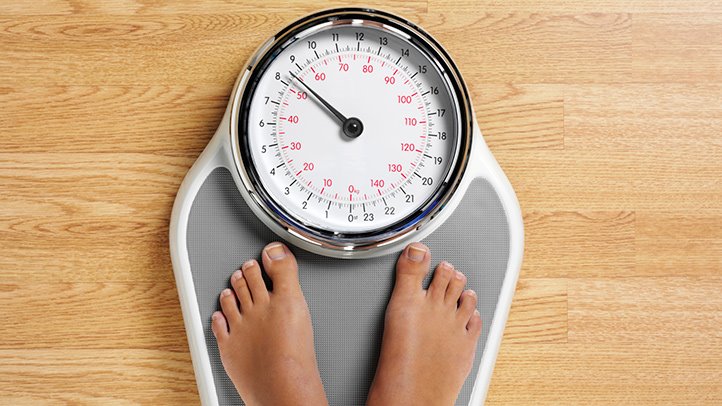Weight loss is a common goal for many individuals seeking to improve their health and well-being. However, one of the main challenges faced by those who have successfully lost weight through dieting is the tendency to regain the lost weight over time. Recent research suggests that high-protein diets may play a crucial role in preventing weight regain after dieting. A study conducted by researchers has found that high-protein diets can reduce levels of specific gut bacteria associated with intestinal fat absorption, thereby promoting sustained weight loss. This article aims to delve into the potential benefits of increased protein intake in weight management and provide in-depth insights into the findings of this study.
The Challenge of Weight Regain: Weight regain is a common phenomenon following initial weight loss achieved through dieting. Studies have indicated that more than 50% of lost weight is regained within two years, and over 80% is regained within five years. This trend highlights the need to identify effective strategies that can prevent weight regain after dietary restriction. Understanding the factors contributing to weight regain is essential in developing improved obesity treatment plans.
The Impact of Gut Bacteria: Research has shown that the composition of gut bacteria, also known as the gut microbiota, can significantly influence weight management. Previous studies have suggested that alterations in gut bacteria composition may contribute to weight regain. In the recent study, researchers aimed to investigate how dietary restriction followed by refeeding affected fat levels in mice, shedding light on the mechanisms involved in weight regain.
The Role of High-Protein Diets: The study explored the effects of diets with varying protein levels on fat levels after dietary restriction. Interestingly, the researchers found that high-protein diets were particularly effective in preventing quick weight regain and partially maintained weight loss thereafter. Further analysis revealed that high-protein diets played a crucial role in reducing intestinal fat absorption, contributing to their weight management benefits. By decreasing the amount of fat absorbed by the intestines, high-protein diets may help individuals maintain their weight loss efforts.
The Influence of Gut Bacteria: The study also unveiled a significant link between gut bacteria and weight regain. The researchers observed that mice on normal protein diets had higher levels of Lactobacillus bacteria, which were associated with increased intestinal fat absorption. Conversely, mice on high-protein diets exhibited lower levels of Lactobacillus, indicating reduced fat absorption. This finding suggests that reducing specific gut bacteria levels through a high-protein diet or antibiotics could potentially help prevent obesity after dieting.
Considerations and Limitations: While the findings of the study are promising, it is essential to acknowledge the limitations. The research was conducted on mice, and further studies are required to validate the effects of protein levels and gut bacteria composition on weight management in humans. Additionally, individual behaviors and exercise patterns, which differ between mice and humans, play a significant role in sustained weight loss. It is crucial to consider these factors when interpreting the study’s findings and applying them to human weight management strategies.
Tips for Healthy Weight Management: To maintain weight loss in the long term, it is important to adopt healthy lifestyle habits. In addition to incorporating adequate protein into the diet, individuals are encouraged to consume a balanced and varied range of foods. This includes reducing the consumption of processed foods, increasing the intake of fruits and vegetables, engaging in regular physical activity, monitoring calorie intake, and preparing nutritious meals at home. These strategies promote overall health and support sustainable weight management.
The findings of the study shed light on the potential benefits of high-protein diets in preventing weight regain after dieting. While further research is needed to fully understand the complex interplay between protein intake, gut bacteria, and weight management in humans, incorporating protein-rich foods into a well-balanced diet can contribute to sustainable weight loss and management. It is crucial to consult with healthcare professionals or registered dietitians for personalized advice and recommendations on starting a high-protein diet safely and healthfully. By adopting a holistic approach to weight management, individuals can strive for long-term success in maintaining their desired weight and overall health.





